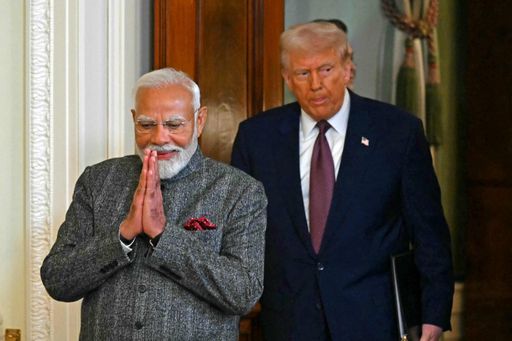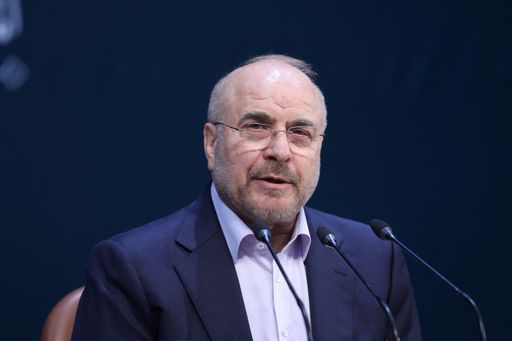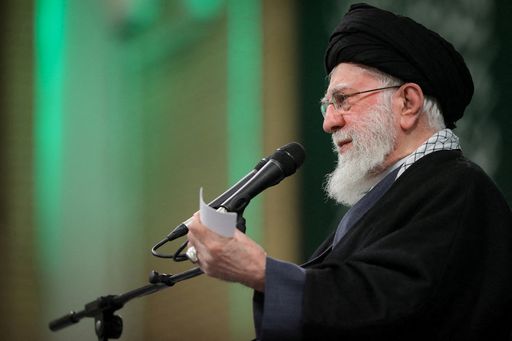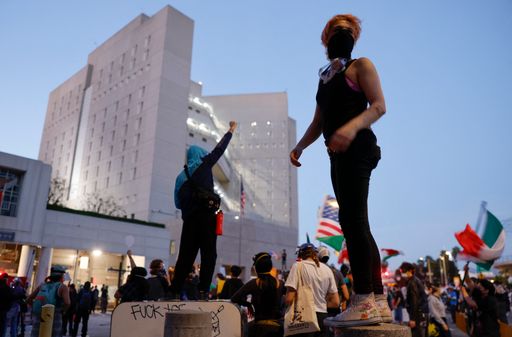Sport
Dollar
43,5271
0.09 %Euro
51,4265
-0.05 %Gram Gold
6.908,0800
-0.02 %Quarter Gold
12.309,5300
1.87 %Silver
121,6100
2.34 %Why does the UK treat far-right plots against Muslims as minor crime, not terrorism? The silence around Islamophobic violence underlines a chilling double standard in Britain’s media and political response, and risks normalising deadly prejudice.
Earlier this year, in the small Scottish town of Greenock, a 17-year-old boy, drawn to Hitler’s ideology, plotted to burn down the Inverclyde Muslim Centre, lock worshippers inside, and livestream the massacre.
Influenced by far-right extremist Anders Breivik and indoctrinated on TikTok from the age of 13, he infiltrated the mosque by pretending to convert to Islam. When arrested, he was found with gas canisters, an air pistol, and fire-starting tools. He had even drafted a manifesto.
The story is chilling, yet what is equally shocking is how little coverage it received in the UK’s mainstream media. Sky News reported on it, including testimony from mosque leaders, but most other major outlets offered no substantive reporting. A plot to massacre Muslims in their house of worship did not register as a national story.
Now imagine if the perpetrator had been Muslim, and the intended victims were worshippers at a church or synagogue. The headlines would have screamed terrorism. Politicians would have been quick to make statements about extremism.
The disparity in coverage may be perceived as an oversight, but it reflects deeper structural biases.
This selective reporting reinforces the idea that Muslims can only ever be threats, not targets, hence implying that their lives and safety carry less weight. It also emboldens extremists when they see a society unwilling to take Islamophobia seriously.
A pattern of minimisation
The Greenock case is not an isolated incident. In Sheffield, Edmund Fowler was convicted of releasing wild rats outside the Grand Mosque on four separate occasions between May and June. CCTV showed him carrying cages of rodents and releasing them onto the mosque pavement, while phone recordings captured him mocking worshippers.
Tell MAMA, a trusted charity that records anti-Muslim hate incidents across England, described the attacks as “highly dehumanising.” Yet Fowler avoided prison.
In Nottingham, worshippers at a Friday mosque have been enduring repeated abuse for about two years from an elderly white woman who shouts slurs at mosque goers and even blocks cars from leaving.
They reported it to the Islamophobia Response Unit (IRU), an independent charity that provides victims of Islamophobic hate crimes with confidential support and legal guidance. The IRU receives no government funding, yet it represents clients in hundreds of legal cases each year, ensuring that victims are not left to navigate the system alone.
By July, another such confrontation outside the same Nottingham mosque was caught on camera and reported to the police with video evidence. Officers let the perpetrator go with only a warning. Mosque attendees described this as further evidence of institutional racism, where Islamophobic harassment is not treated as a serious crime.
Even when charges are brought, the watering down of hate crimes can diminish the severity of punishment.
In Scarborough, in North Yorkshire, 18-year-old James Martin was caught outside an Islamic Centre with firelighters in his pocket while shouting abuse during evening prayers. A judge warned the consequences “could have been fatal”. Yet the BBC initially ran the story with the headline, “Teenager jailed for Islamic Centre protest”, only later amending it to acknowledge the firelighters. Online searches still show the original, misleading version.
These cases underscore the normalisation of Islamophobia, not only through individual acts of hatred, but through the systemic minimisation of their seriousness.
Numbers don’t lie
This is not just anecdotal.
Amid this rising tide of attacks, Muslim communities are left feeling vulnerable and unprotected. Iman Atta, director of Tell MAMA reports that assaults surged by 73 percent in 2024, with 5,837 verified incidents, marking the most dangerous period for Muslims in Britain.
Comments
No comments Yet




















Comment